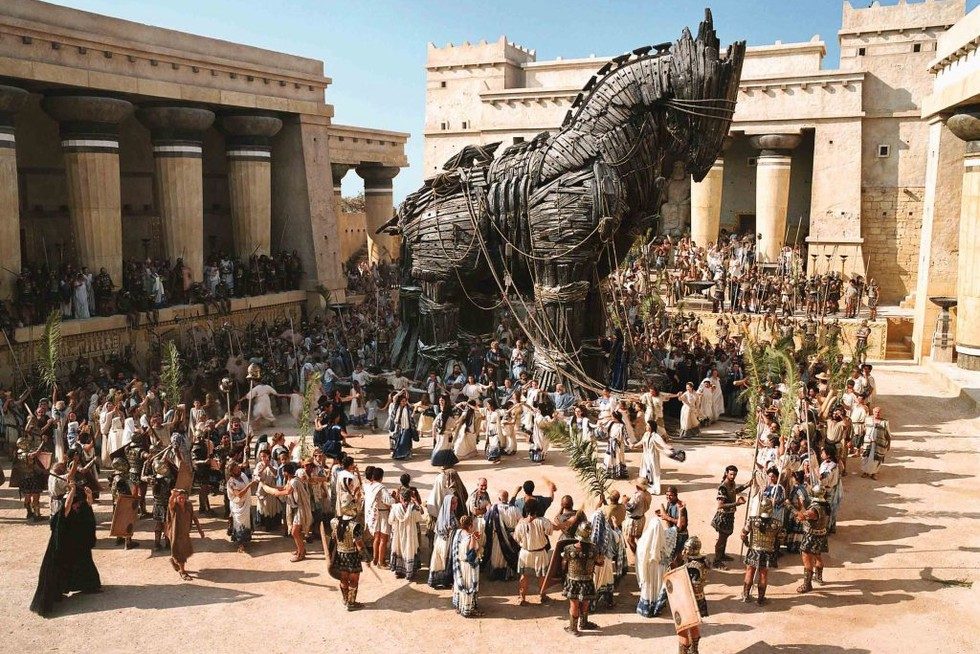
The Battle of Troy is one of the most iconic episodes in ancient history and literature. Its tales have been recounted for thousands of years, blending fact and fiction, history and myth. But what really happened at Troy, and why does its story continue to captivate us?
The Mythical Account: Homer's Iliad
At the heart of the Troy legend is Homer's Iliad, an epic poem written in the 8th century BCE. The Iliad doesn't narrate the whole story of the Trojan War but focuses on a short period towards its end. The central theme revolves around the wrath of the Greek hero Achilles after his friend Patroclus is killed in battle by the Trojan prince Hector.
The origins of the war can be traced back to a quarrel among the goddesses Hera, Athena, and Aphrodite over who was the fairest. Paris, the Trojan prince, was chosen to decide. Each goddess offered him a bribe, and Paris ultimately awarded the title of "fairest" to Aphrodite in exchange for the love of the most beautiful mortal woman, Helen. However, Helen was already married to Menelaus, the king of Sparta. Paris's abduction of Helen led to the Greeks launching a thousand ships to retrieve her, thus beginning the Trojan War.
Archaeological Evidence
While the Iliad is a work of fiction, there's evidence to suggest that the city of Troy was real. Located in what is now Turkey, ancient Troy has been the focus of archaeological excavations for over a century. The most famous archaeologist associated with Troy is Heinrich Schliemann, who, in the late 19th century, claimed to have discovered the city.
Excavations have revealed multiple layers of ancient cities built on top of each other, indicating that Troy was destroyed and rebuilt many times. Among the ruins, artifacts suggestive of war, such as arrowheads and charred remains, have been found. However, it's challenging to definitively link these findings to the Trojan War of Homer's account.
The Legacy of Troy
The tale of Troy has been retold and reimagined countless times over the millennia. It has inspired plays, movies, and novels. The story of the Trojan Horse, a cunning strategy employed by the Greeks to infiltrate and conquer the city of Troy, has become synonymous with subterfuge and surprise tactics.
Moreover, the characters of the Iliad have been immortalized. Achilles, with his tragic flaw; Hector, the noble Trojan prince; and Helen, the face that launched a thousand ships, are figures that have been explored and deconstructed in literature and art.
Conclusion
The Battle of Troy, as depicted in the Iliad, is a complex tapestry of heroism, vengeance, love, and fate. While the lines between myth and history are blurred, the cultural impact of this ancient tale is undeniable. The search for the historical Troy continues, and with each new discovery, we inch closer to unraveling the mysteries of this legendary city and its epic war. Whether fact or fiction, the story of Troy remains an enduring testament to the power of narrative to shape our understanding of the past.
